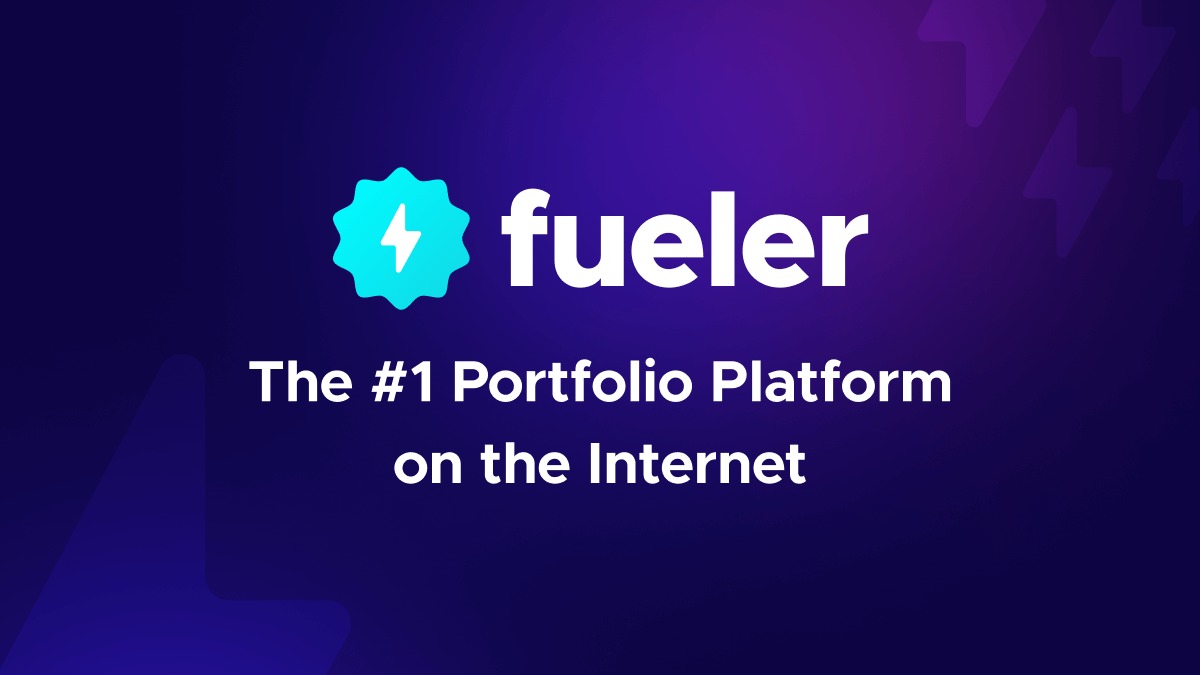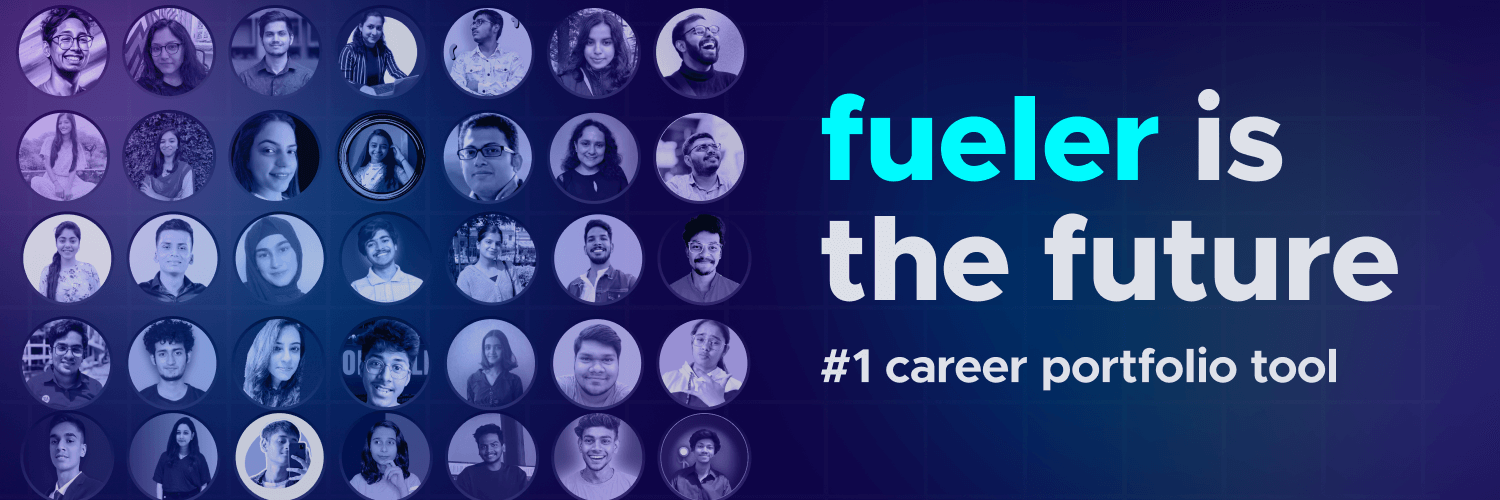AI Agents vs. Traditional Automation: Which Is Right for Your Business?

Riten Debnath
13 May, 2025

In 2025, the way businesses generate leads, engage clients, and automate processes has radically shifted. Traditional automation tools, while useful, are often too rigid and can’t adapt quickly to new market trends or customer behavior. This is where AI agents come into play. They learn, adapt, and evolve, offering smarter solutions for businesses looking to stay ahead of the curve. But which is truly best for your business — AI agents or traditional automation?
I’m Riten, founder of Fueler, a platform that helps professionals and businesses build powerful portfolios to attract the right talent and clients. We’re all about real, practical tools that make work easier. When I first started Fueler, I tried both traditional automation tools and AI agents. Over time, I realized that AI offers flexibility, personalization, and insights that simply weren’t possible with older tools.
But, even though I’m a huge fan of AI, I know that traditional automation tools still have a strong place in businesses. In this article, I’m going to break down both options so you can make the best choice for your business in 2025.
1. Lead Generation and Outreach
Traditional Automation:
Traditional tools like email marketing platforms, CRM systems, and cold outreach software often rely on templates and predefined processes. For example, tools like Mailchimp and HubSpot let you create email campaigns and track leads, but their outreach is somewhat generic.
Tool Highlight: Mailchimp
Features: Email campaign builder, list segmentation, performance tracking.
Pricing: Free plan available, paid plans start at $11/month.
Use Cases: Ideal for creating automated email sequences, managing contacts, and tracking basic performance.
Pros: Easy to use, excellent for bulk email campaigns.
Cons: Limited personalization; can feel robotic if overused.
AI Agent:
AI-powered lead generation tools, on the other hand, go beyond just sending mass emails. For example, Artisan’s Ava uses AI to track leads in real-time, understand their behaviors, and create personalized outreach messages that feel tailored to each prospect.
Tool Highlight: Artisan’s Ava
Features: Personalized outreach, behavioral tracking, automated lead nurturing.
Pricing: Custom pricing based on business needs.
Use Cases: Great for B2B outreach and finding new leads with higher intent.
Pros: High personalization, learns and adapts to lead behavior.
Cons: Can be costly for smaller businesses.
2. Customer Support & Engagement
Traditional Automation:
Traditional customer support tools often involve automated responses to frequently asked questions or ticketing systems that categorize customer issues. Tools like Zendesk or Freshdesk are examples of automation where businesses can streamline customer inquiries but lack true personalization.
Tool Highlight: Zendesk
Features: Automated ticket routing, knowledge base, reporting.
Pricing: Starts at $19/month.
Use Cases: Ideal for businesses that need a structured, ticket-based support system.
Pros: Great for managing customer service inquiries and tracking resolutions.
Cons: Limited ability to personalize responses; can feel mechanical.
AI Agent:
AI agents like Drift use AI chatbots to engage customers in real-time conversations, offering quick responses while learning from each interaction. Drift’s AI can personalize conversations based on the customer’s previous behavior or interactions with your business.
Tool Highlight: Drift
Features: AI-powered chatbots, lead qualification, real-time engagement.
Pricing: Free plan, paid plans start at $50/month.
Use Cases: Perfect for providing instant responses and qualifying leads.
Pros: Scalable, offers real-time assistance.
Cons: Needs training and data input to provide more accurate responses.
3. Task Automation and Workflow Management
Traditional Automation:
Traditional workflow automation tools are excellent at automating repetitive tasks such as scheduling, reminders, or project management. Tools like Zapier and Trello automate tasks across apps, ensuring your workflows run smoothly.
Tool Highlight: Zapier
Features: Automates tasks between over 2,000 apps.
Pricing: Free plan, paid plans start at $19.99/month.
Use Cases: Automates workflows across various applications.
Pros: Integrates with a wide range of apps, easy to set up.
Cons: Can become complex with advanced workflows.
AI Agent:
AI agents take task automation to the next level. For example, Clay helps users automate prospecting by learning about leads’ needs and pushing them into appropriate workflows based on personalized data.
Tool Highlight: Clay
Features: Personalized lead data, automated workflows.
Pricing: Custom pricing based on business needs.
Use Cases: Ideal for those looking to automate prospecting with smart data integration. Ideal for those looking to automate prospecting with smart AI data integration.
Pros: Dynamic, integrates well with existing data sources.
Cons: Pricing may be out of reach for small businesses.
4. Marketing Campaigns and Social Media Automation
Traditional Automation:
Traditional social media tools allow businesses to schedule posts in advance, monitor engagement, and manage multiple accounts. Tools like Hootsuite and Buffer are excellent for streamlining social media management but lack advanced features like personalized content.
Tool Highlight: Hootsuite
Features: Schedule posts, analytics, and social listening.
Pricing: Plans start at $19/month
Use Cases: Best for businesses looking to manage multiple social media platforms from one tool.
Pros: Easy to use, great for team collaboration.
Cons: Limited personalization options.
AI Agent:
AI tools like Lately.ai go further by using AI to analyze your content and create social posts that resonate with your audience. Lately.ai reads through your content, learns which type of messaging works best, and then auto-generates social media content.
Tool Highlight: Lately.ai
Features: AI-driven social media content creation, performance analysis.
Pricing: Custom pricing based on business needs.
Use Cases: Perfect for businesses looking for dynamic social content generation.
Pros: High-quality, data-driven content.
Cons: Can be expensive for small businesses.
When to Choose Traditional Automation
Traditional automation tools are ideal for businesses that need simple, repeatable tasks done quickly and without complexity. If your goal is to manage basic workflows like sending emails or tracking simple projects, traditional tools offer reliable, cost-effective solutions.
When to Choose AI Agents
On the other hand, AI agents are for businesses that want to take things to the next level. Whether it's generating highly personalized leads, engaging customers in real-time, or automating complex workflows, AI tools offer unmatched customization and adaptability. If your business needs scalability and smarter insights, AI agents will give you the edge.
Final Thoughts
Whether you choose traditional automation or AI agents depends on your business goals. Traditional tools are great for straightforward tasks, while AI is best for businesses looking to scale through personalized outreach and smarter processes. In 2025, it’s all about being adaptive and efficient.
FAQs
1. What’s the main difference between AI agents and traditional automation?
AI agents are adaptive, learning from interactions to provide personalized solutions, while traditional automation follows fixed instructions to perform repetitive tasks.
2. Can AI agents replace traditional automation tools?
AI agents offer more dynamic solutions, but traditional tools still excel at simple, repeatable tasks that don’t require adaptation.
3. Which AI tool is best for lead generation?
Tools like Artisan’s Ava and Leadspicker specialize in intelligent lead generation, offering personalized outreach based on user behavior.
4. Is AI expensive for small businesses?
Some AI tools can be costly, but there are affordable options, like Drift and Clay, that scale well for small businesses.
5. How can AI help with social media automation?
AI tools like Lately.ai can generate content based on performance data, making your social media marketing more effective and less time-consuming.
What is Fueler Portfolio?
Fueler is a career portfolio platform that helps companies find the best talents for their organization based on their proof of work.
You can create your portfolio on Fueler, thousands of freelancers around the world use Fueler to create their professional-looking portfolios and become financially independent. Discover inspiration for your portfolio
Sign up for free on Fueler or get in touch to learn more.


